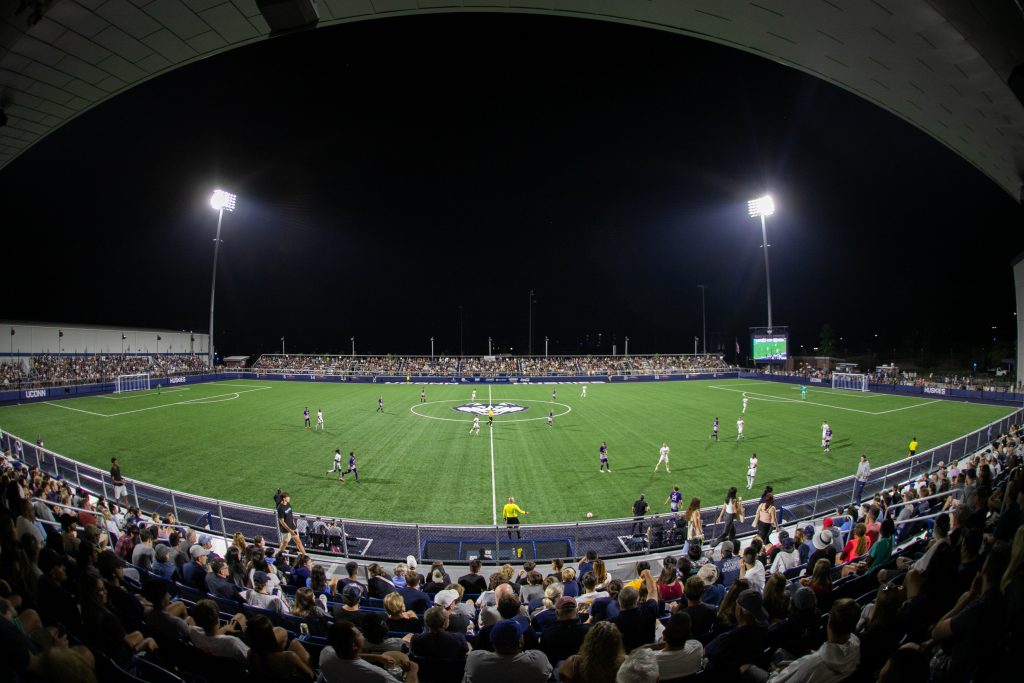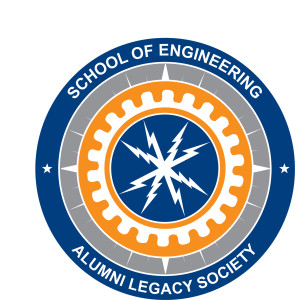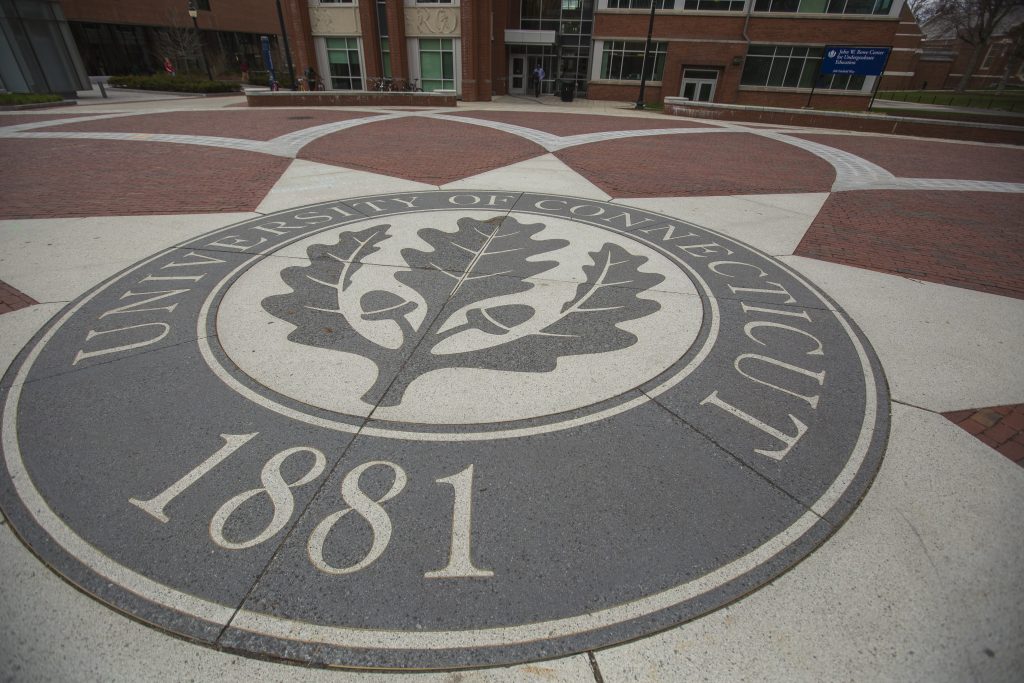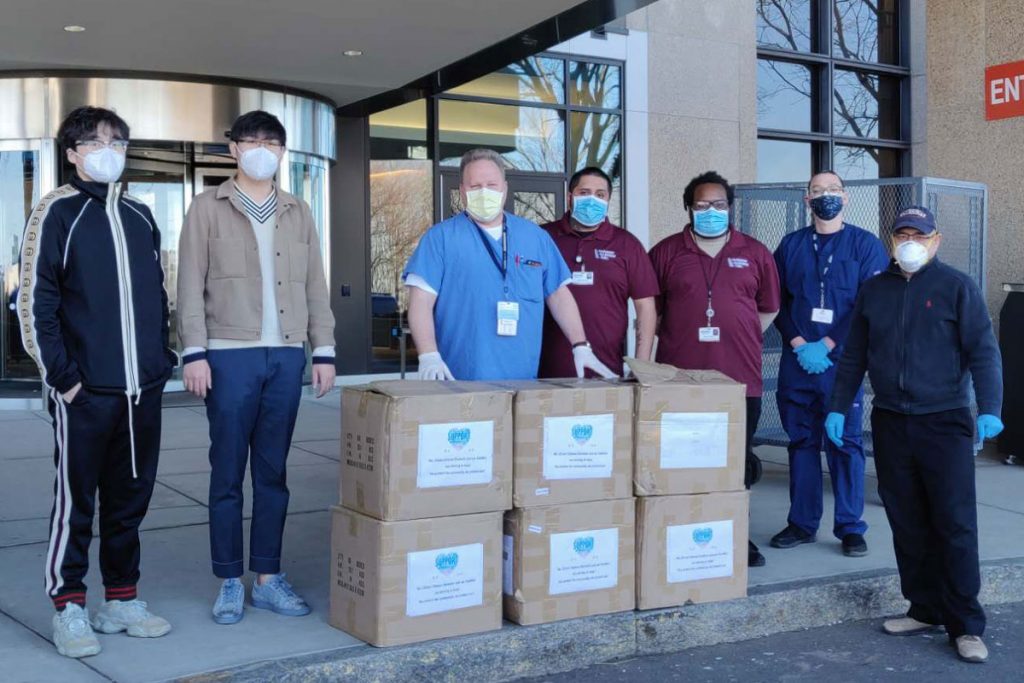College of Engineering
Fiske Guide Lauds UConn
The 2011 edition of the Fiske Guide to Colleges gave UConn a strong review and named engineering as among the university’s “strongest programs.” The guide contained a lengthy summary of the UConn campus, academics and research, student demographics, quality of life issues and overall performance.
July 28, 2010 | Eli Freund
Veteran Journalist Don Swinton Joins Engineering Team
The School of Engineering welcomed seasoned journalist and successful UConn fundraiser Donald Swinton to its development team.
July 28, 2010 | Eli Freund
Student Design Leads to Pending Patent
West Hartford-based Legrand/Wiremold has a lengthy history of product innovation and improvement. But like all companies, the firm's new product development resources are not bottomless. Among the company’s popular products are Tele-Power® Poles – hollow metal units that encase and channel wires and cables from the ceiling down to desks and workstations in large open spaces.
July 28, 2010 | Eli Freund
Alumni Briefs
Stay in touch with fellow UConn engineering alumni! Visit http://www.engr.uconn.edu/alumni/ and fill us in on your latest activities or learn what your college friends are doing nowadays!
July 28, 2010 | Eli Freund
UConn & Duke Univ. Develop Unique Method to Improve Testing for Small Delay Defects in Semiconductors
Semiconductor Research Corporation (SRC), the world's leading university-research consortium for semiconductors and related technologies, the National Science Foundation (NSF) and researchers from the University of Connecticut (UConn) and Duke University have found a new way to significantly improve the screening of small delay defects (SDDs) commonly found in semiconductors.
July 28, 2010 | Eli Freund
YouTube Contest Nets a Winner
In March, we invited students, alumni, faculty and staff to make their own YouTube videos of two minutes or less and to submit them for the School's first YouTube contest. Various themes were suggested, including student or alumni testimonials, simple engineering lessons, research, senior design projects and student life.
July 28, 2010 | Eli Freund
ECE Welcomes Dr. Peng Zhang
The Electrical & Computer Engineering Department introduces Dr. Peng Zhang, an assistant professor with a focus on 21st century power systems. He comes to the department as an international scholar armed with two doctoral degrees, a Ph.D. in power systems reliability from Tsinghua University in Beijing, China, and another in power systems simulation analysis from the University of British Columbia in Vancouver, Canada.
July 27, 2010 | Eli Freund
Developing More Efficient Solar Energy Cells
Alexander Agrios is probing ways to make inexpensive solar cells more energy efficient.
July 27, 2010 | Brianna Diaz
Better Catalyst to Reduce NOx Emissions
A UConn team is developing a novel device aimed at improving the performance, durability and cost of automotive emission reduction equipment in both heavy- and light-duty vehicles.
July 19, 2010 | Eli Freund
Sizzling Workshops — Joule and da Vinci for K-12 Teachers
On Tuesday July 6th 2010 two summer programs for GK-12 teachers started at the School of Engineering. Joule Fellows -- Teachers in Sustainable Energies Research Laboratories program (supported by NSF), and the da Vinci Project kicked off with a breakfast reception for 25 teachers.
July 7, 2010 | Eli Freund







